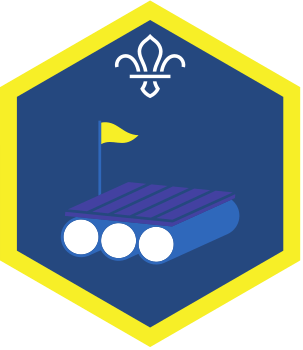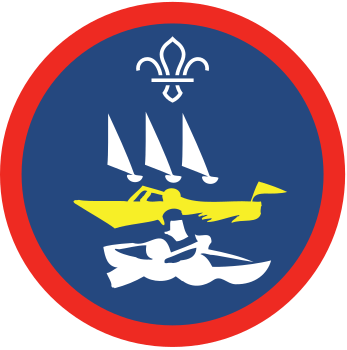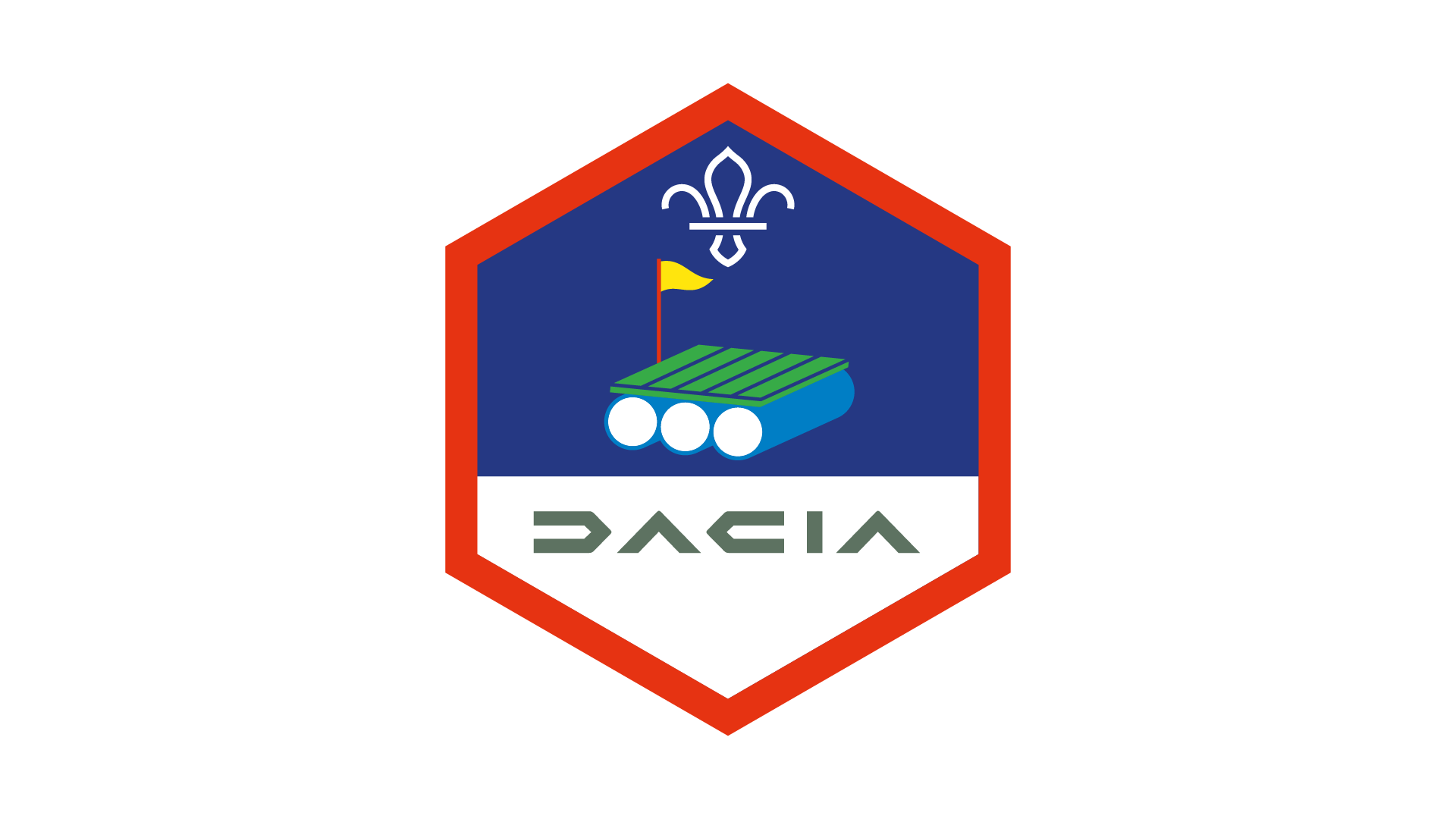Snorkelling
What to expect
Snorkelling involves swimming underwater, usually near the surface. You don’t need lots of specialist equipment to give it a go – you’ll just need a mask, a pair of flippers and a snorkel to breathe through.
There’s are no age restrictions on snorkelling – as long as you can swim, you can give it a go. It’s a great way to build on your confidence in swimming, while seeing what’s under the water.
Snorkelling’s a great introduction to scuba diving (also known as sub-aqua diving), and it doesn’t need much equipment.
Fun facts
- Historical records and archaeological findings reveal that ancient civilizations, such as Greeks and Egyptians, engaged in early forms of underwater exploration. For example, ancient divers in Greece used hollow reeds to breathe while exploring the sea.
- In the 4th century BC, Aristotle observed the use of a diving bell—an early precursor to modern diving equipment—used by sponge divers in the Mediterranean.
- Leonardo da Vinci designed lots of diving equipment, ranging from simple tubes to a diving suit.
Handy hints
- Two for one. Snorkelling’s a great adventure to pair with another activity, such as paddleboarding or surfing. The two adventures can be run alongside each other so everyone has the chance to try something new.
- Get ready to go. Why not try an activity such as Warm muscles to make sure everyone’s ready to take to the water? You could even play a game like Electric eels to get everyone comfortable in the water.
Safety
You must always:
- Complete a risk assessment
- Have the right ratios of number of adults to provide suitable supervision
- Set up an InTouch process
- Know what to do in an emergency
- Share information with parents and carers with an activity information form
- Get approval from your commissioner
Be safe outdoors:
- Check the weather forecast
Be safe in water:
Everyone should be able to swim 50 m wearing the clothing or equipment for the activity. Non-swimmers will need additional support.
Water can be dangerous - be aware of the risks.
The category of water depends on how safe the water is. Use our waterways directory to check.
Be sure to manage the group when near water, keeping everyone safe.
Joint activities with other organisations:
- This activity can be run jointly with Girlguiding.
- This activity can be run with other organisations.
This activity can be led by you or someone else in Scouts:
The activity leader must have an adventurous activities permit with the right level and permissions for your group.
You don't need a permit for activities on Class C waters (safe, inland water less than 100 m wide).
Where the group is entirely members over the age of 18 the permit scheme does not apply, please follow the rule 9.8 adult groups.
You can go to a centre or use an activity leader who is not part of Scouting:
You must find a suitable provider who meets the following requirements:- The centre/instructor should hold one of these:
- British Sub Aqua Club - Open Water Snorkel Instructor
- British Sub Aqua Club - Snorkel Instructor
- Adventure Mark - centre
The provider must have public liability insurance.
Guidance
Reflection
For lots of people, snorkelling is a chance to try something new. It can feel different to other adventures, even ones that involve water, as people have to breathe differently. How did people feel before they gave it a go? Were they excited, or nervous, or both? How did people feel afterwards? Hopefully everyone who tried something new felt proud of themselves and learned some techniques that make it easier to tackle the unknown. Did people get to go to a new place, or did they explore somewhere they already knew from a different point of view?
Snorkelling’s a really fun way to be active. How did people’s bodies feel while they were snorkelling? What about afterwards? Did it feel similar to any other activities? How did people warm up and cool down?
Snorkelling can often be adapted so more people can give it a go. Many providers have facilities that cater for people with additional needs and experienced instructors to help everyone achieve their goals. Get in touch with your local provider to chat through the needs of people in your group – make sure you give them plenty of notice.
All Scout activities should be inclusive and accessible.
You could build on snorkelling by playing different games in the water.
Once you’ve mastered the basics, you could take it to the next level by trying snorkelling (or Scuba diving) somewhere more exciting and adventurous.




